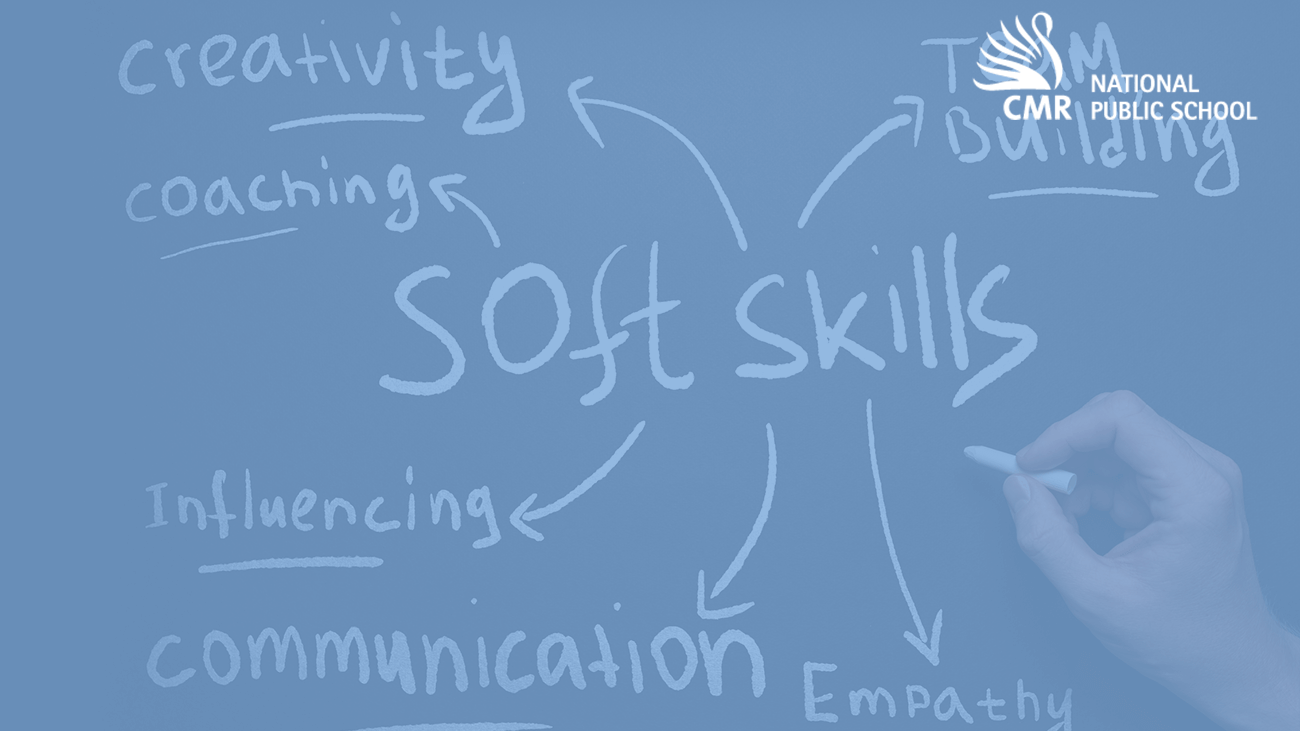Table of Contents
“Kids aren’t going to learn from someone they don’t like,” said Rita Pierson in her famous TED talk, which could not be further from the truth. Beyond the textbook, the profound connection between the educator and the student plays a pivotal role in the holistic development of the young individual- the student. In this blog, we delve into the relevance, necessity and methods to foster a positive and nurturing teacher-student relationship.
Just as how students are encouraged to engage and explore the content of the lessons taught to them, let us explore why this teacher-student relationship is an aspect of education that we need to consider.
1. It helps to cultivate a positive learning environment.
Studies have shown that when students feel respected, empathised, supported and valued, the possibility of them actively participating and engaging in the learning process increases significantly. The learner should be looking forward to the classroom environment daily. The classroom needs to be a place where their curiosity can be piqued. This kind of teacher-student relationship is the cornerstone for creating a positive and nurturing learning environment.
2. It is a means to provide personalised guidance and support.
A strong teacher-student bond enables the teacher to understand their students on a personalised level to provide individualised guidance and support. This in turn sprouts a sense of belongingness in the students. This is the motivating force that makes them more likely to seek help when needed. This ensures a more effective and personalised learning journey.
3. It helps to build the student’s confidence and self-esteem.
The student’s self-esteem and confidence are greatly impacted by the teacher-student relationship. Students are more likely to embrace challenges, take risks move out of their comfort zone and see setbacks as opportunities when they view their teachers as their mentors- someone who ‘has their back’ when most needed. Teachers play a role in student empowerment- helping the student reach their potential.
4. It enhances the student’s communication skills.
Communication skills encompass one of the most important life skills that an individual is expected to possess. Through open and respectful communication, students learn to be active listeners and effective communicators. These skills extend to life beyond school
and the more they hone their communication skills in school the more impactful communicators they can be in the professional realm.
5. It fosters a lifelong passion for learning
When the student enjoys the teacher-student relationship, the student comes to associate learning with this teacher which creates the positive ripple effect of learning as positive and something worth having a passion and love for. The students’ zeal and enthusiasm to explore, engage, and learn becomes a force to be reckoned with that propels them towards continuous self-improvement and holistic growth.
Now that we have gained insight into the significance of the teacher-student relationship, here are some ways that we as educators can inculcate the same.
1. Believe that each of your students can succeed- see every student as having potential and you as the adult who has been blessed with the chance to help them reach that.
2. Take the time to know your students- talk to them.
3. Greet your students daily- so they understand that they matter to you.
4. Have fun with your students- laugh, share relevant humour, and make them see you as a relatable person.
5. When possible, allow them to choose- giving them the autonomy and opportunity for problem-solving and decision-making.
6. Accept students and their mistakes in the classroom- this is easier said than done but we as educators need to mindfully remind ourselves to separate the behaviour from the person- that is- the action was bad, not the person and so treat the action accordingly.
In conclusion, the teacher-student relationship has long evolved from the traditional teacher-student interactions that we might have experienced personally or have heard of from those who have been here before us. It is a dynamic, reciprocal connection that lays the foundation for the student’s successful learning journey. I encourage each of us to celebrate the teacher-student relationships that already exist in our lives. At the same time, I would like for us to invest in committing to the process. This relationship and being positive for the student also create a true sense of joy, community and fulfilment for the educator- something we get to look forward to.

Jesse Jeffery
PGT Psychology and Life Skills Educator (Middle School)
CMR National Public School


